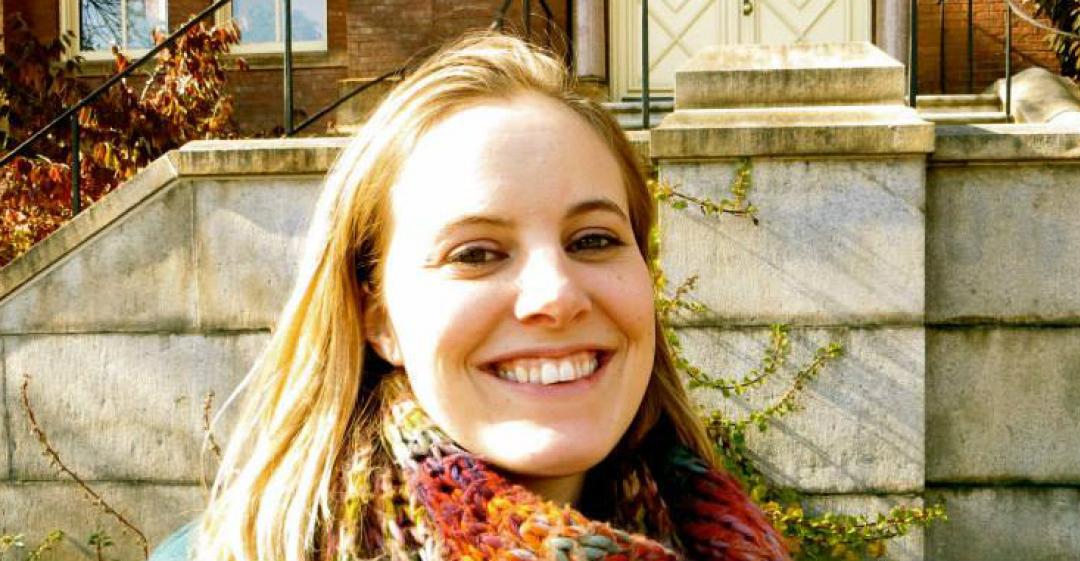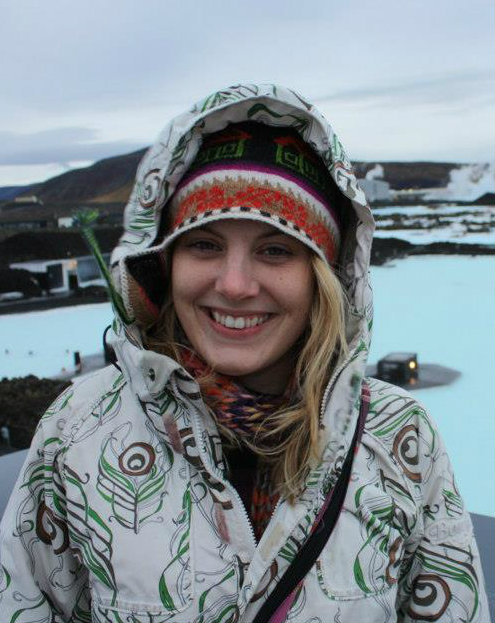“I wanted to feel, at the end of a hard week, like it had all been worthwhile.”

What work were you doing previously?
I was working as an analyst at a credit card company, running their digital marketing function.
What are you doing now?
I work for Impetus-PEF, which helps charities working with young people to maximise their social impact.
Why did you change?
I enjoyed my job, but felt there was something missing for me.
I wanted to feel at the end of a hard week like it had all been worthwhile.
I guess there are a few interrelated ideas here. I wanted to feel like I had helped something or someone to progress, and that this progress was towards a 'bigger goal' in a community or society (rather than just making more money).
It was an 'on your deathbed' kind of view: what would be the things I'd look back and be proud of being part of? I realised that if I was going to do something that took up that many hours of my life, it had to be about more than just a salary and benefits.
When was the moment you decided to make the change?
I was on a great holiday with my boyfriend when we both decided we needed to change things.
The conversation went something like: "Life is short; we should spend it doing things we enjoy and think are worthwhile". We decided to commit to going travelling for a while, and I said I would make a decision about where to go next in my career.
Within a year, we'd arranged to go travelling for six months and I'd left my job. I didn't have a long-term plan but I thought 18 months was a pretty good runway for figuring out the next step.
Are you happy with the change?
Yes, overall.
I'm also more generally happy as a result of the change, too. So, even if I haven't yet reached a 'final destination', I'm much more comfortable with that now.
Long-term, I want to have my own consultancy, working across a variety of projects. I like change – it gives me momentum – and I like dabbling in a lot of things at the same time. I also really crave control over my schedule – I don't mind working hard, but I like to have flexibility within that. Working 9–5, Monday–Friday is too structured for me.
What's been great about the last couple of years is that I've tested my appetite for risk in terms of having reduced / uncertain earnings and no benefits – now those things don't scare me as much. I also recognise the value of experience and patience to find time to have the right conversations with the right people – this isn't necessarily an end-state I can transition to right away, and I'm ok with that.
What do you miss and what don't you miss?
I miss the cut and thrust of the corporate world.
Things move more slowly in the charity sector and there's more time spent building consensus and bringing people along with you.
It's more complicated – there are more emotions involved and you can end up agonising about things on a deep personal level.
At the same time, that's why I left. It's great to have a job that engages my brain, and also my heart and soul.
How did you go about making the shift?
I did some pro bono work with Impetus one day a week whilst still in my last job.
I would recommend this to anyone – even if you can't take time off work, do some volunteering. It gave me the confidence to know that I could use my existing skills in a totally new field, and I also learned quite quickly about the world I was getting myself into (it had less IT support and fewer right answers!).
A good friend introduced me to the social enterprise programme, On Purpose. He knew that I was thinking about what to do next and encouraged me to look the programme up. I then discovered another friend had already applied and that gave me some validation that it was a credible programme.
I applied before I went travelling. It was great to have the safety net of knowing I was coming back to something concrete and would get paid! On Purpose was great for me – it was challenging and I learned a lot, both about the sector and myself. Even though I've ended up working for an organisation I already knew, I wouldn't have been in the right mindset to go straight there.
What didn't go well? What 'wrong turns' did you take?
I think my transition was actually very smooth.
That's not to say it was easy: my On Purpose placements were challenging and there were definitely tantrums and tears. And there was a lot of agonising soul searching. But I don't see these as 'wrong turns' – you just have to follow the winding path where it takes you.
I do sometimes wonder if I was brave enough.
I have felt at every point like I know what's coming next, and whilst this reduces the financial and emotional stress, maybe just launching into the unknown would have been ultimately more rewarding.
How did you handle your finances to make your change possible?
I had some money saved from my job, but I blew most of this travelling and then buying a flat with my boyfriend.
I found that actually living off £21K (the On Purpose wage) was really liberating. That's less than I've ever earned but I checked and, as a single person with no dependants, it puts me in the top third of people in the country in terms of disposable income. That was a real wake-up call for me in terms of the relative privilege I have come to accept as my normal life. It turns out that the On Purpose wage is easily enough to live off and have a nice life in London. I don’t think I spent more than I earned at any point. Sure, I didn't go on extravagant holidays or buy lots of new outfits, but I did continue to live well, go abroad, socialise, decorate my flat...
Having that as a baseline income also meant the job hunt afterwards was a lot easier – I considered a much wider range of options because almost everything paid more than £21K!
What was the most difficult thing about changing?
I felt this immense pressure from friends and family to get a 'real job' and to 'decide what I was doing with my life'.
Of course, they weren't putting pressure on me at all – it was totally internal based on my assumptions about what they were thinking. In the end, people don't care about your decisions for your own life as much as you think they do! But I still feel nervous about comparison to peers, and about the idea that I need to 'make something' of my life and I have to continually check myself on this.
What help did you get? 
The On Purpose programme offers lots of different support networks – I had a mentor, a coach, the On Purpose core team and of course all the other lovely people on the programme who were doing it with me or who had done it in the past.
In addition, I had friends who were doing similar things and they introduced me to other people who had already changed their careers. The best advice I got was to 'find your people' – to seek out those who have walked the same path as you already and can be an inspiration.
What have you learnt in the process?
I am hugely privileged in many ways, and the most important of these is that I have choices.
I can choose to do whatever I want, wherever I want, with whomever I want.
Almost all of the things I previously felt limited me are just barriers I have put up for myself. It's so easy to feel trapped by salary, location, sector, past experience, other people's expectations, or responsibilities like having pets, children, partners, obligations…
In the end, the biggest barrier was me. That is hugely empowering but also scary because I can't hide behind excuses – I alone am responsible for creating the reality I desire.
What would you advise others to do in the same situation?
We used to throw the phrase "JFDI" around a lot in my old job.
I think the polite version is "Just Focus and Do It".
What resources would you recommend to others?
Other people.
It's so flattering to be asked to talk about yourself and your own experiences. Most people are happy to share their story, so ask them for it!
Applications are closing soon for the On Purpose Associate May 2016 cohort. To find out more and apply, visit www.onpurpose. uk.com
What lessons could you take from Rachael's story to use in your own career change? Let us know in the comments below.



